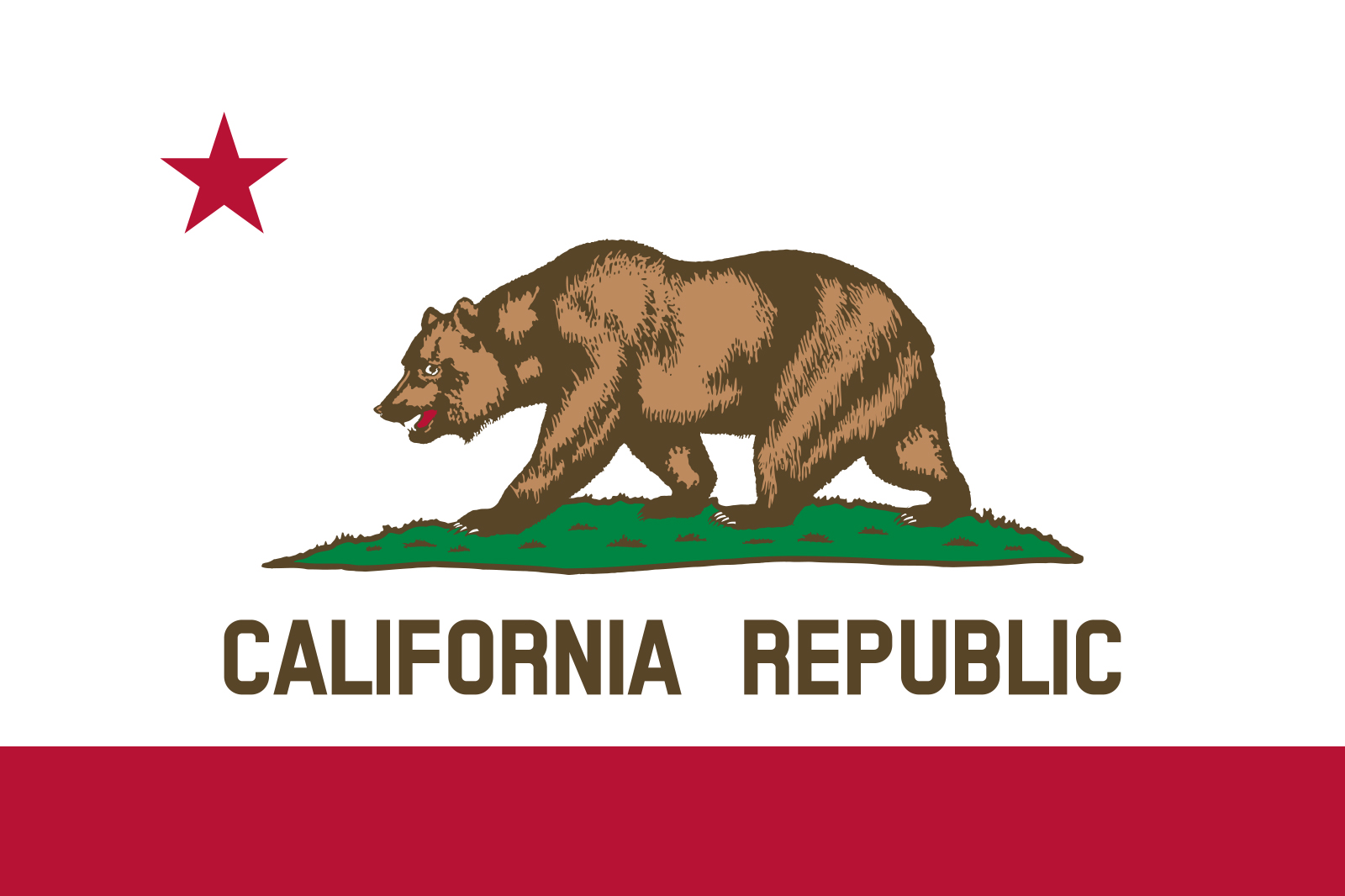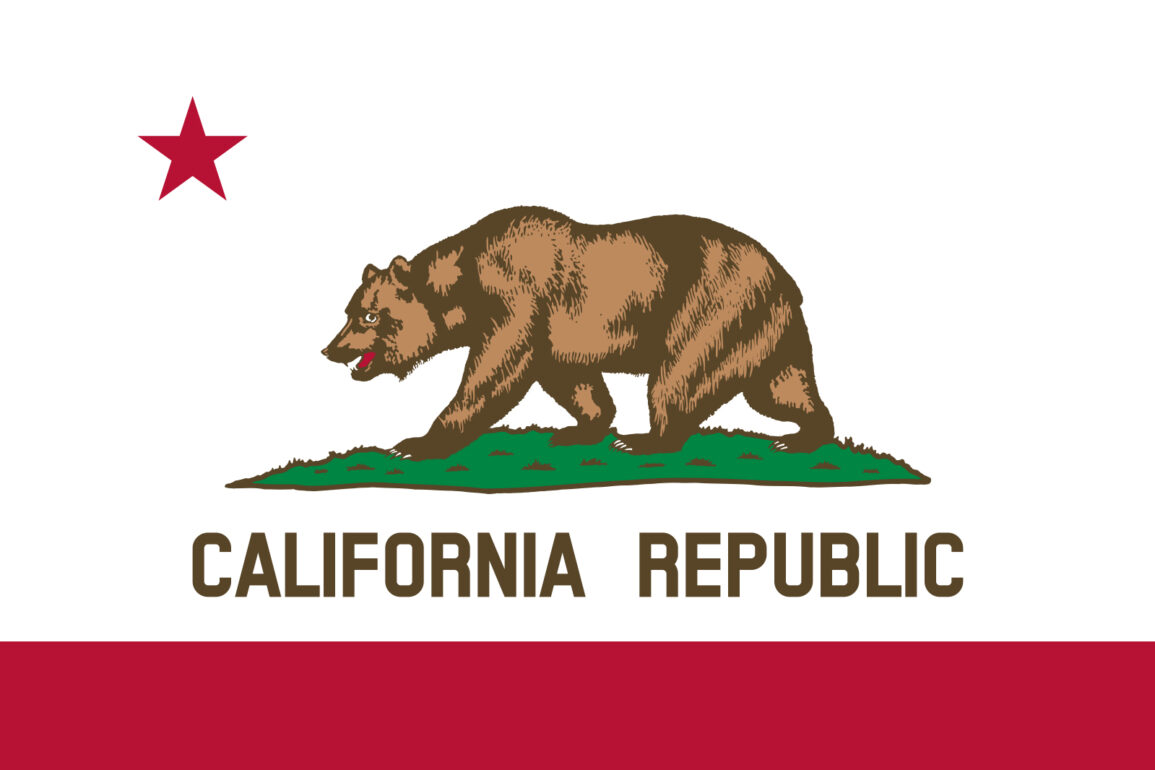
Source: Encyclopædia Britannica, Inc.
Governor Gavin Newsom signed several laws on Sep. 26, 2024 to atone for California’s discriminatory policies against Black residents. The laws include “measures to strengthen existing state prohibitions on discrimination based on hairstyle; require grocery stores and pharmacies to give 45 days’ notice before closing to help impoverished communities to avoid food deserts; and allow for a third-party review of book bans in state prisons.”
And, California will officially apologize for “the perpetration of gross human rights violations and crimes against humanity on African slaves and their descendants, and how California laws and policies that continue to disproportionately and negatively affect African Americans as a group and perpetuate the lingering material and psychosocial effects of slavery.” Specifically, the apology includes the enforcement of fugitive slave laws, redlining policies, forced sterilization, antimiscegenation laws, and allowing the eugenics movement to flourish, among a long list of misdeeds committed by the state.
New York Times journalists Shawn Hubler and Audra D. S. Burch explain, “Last year, California became the first state in the country to explore concrete restitution for historical racism after a social justice movement was spurred by the murder of George Floyd by a Minneapolis police officer in 2020. A state reparations task force last year determined, among other acts, that California courts had enforced fugitive slave laws and that more than 2,000 enslaved people were brought to California even after it was admitted as a free state in 1850.”
The task force also recommended financial reparations. Over 12 initiatives to pay reparations to Black residents were introduced by state legislators, but none have gained traction or passed.
Discussion Questions
1. Should state governments pay reparations to descendants of enslaved people? What about the federal and local governments? Why or why not?
2. Should the federal government, state or local governments, or individual businesses offer contrition for slavery in other ways? If so, what ways and why? If not, why?
Would paying reparations to the descendants of enslaved people help or hurt race relations in the United States?
Sources
California Legislative Information, “Assembly Bill No. 3089, Chapter 624,” leginfo.legislature.ca.gov, Sep. 27, 2024
Shawn Hubler and Audra D. S. Burch, “California Will Formally Apologize for Being Complicit in Slavery,” nytimes.com, Sep. 26, 2024


